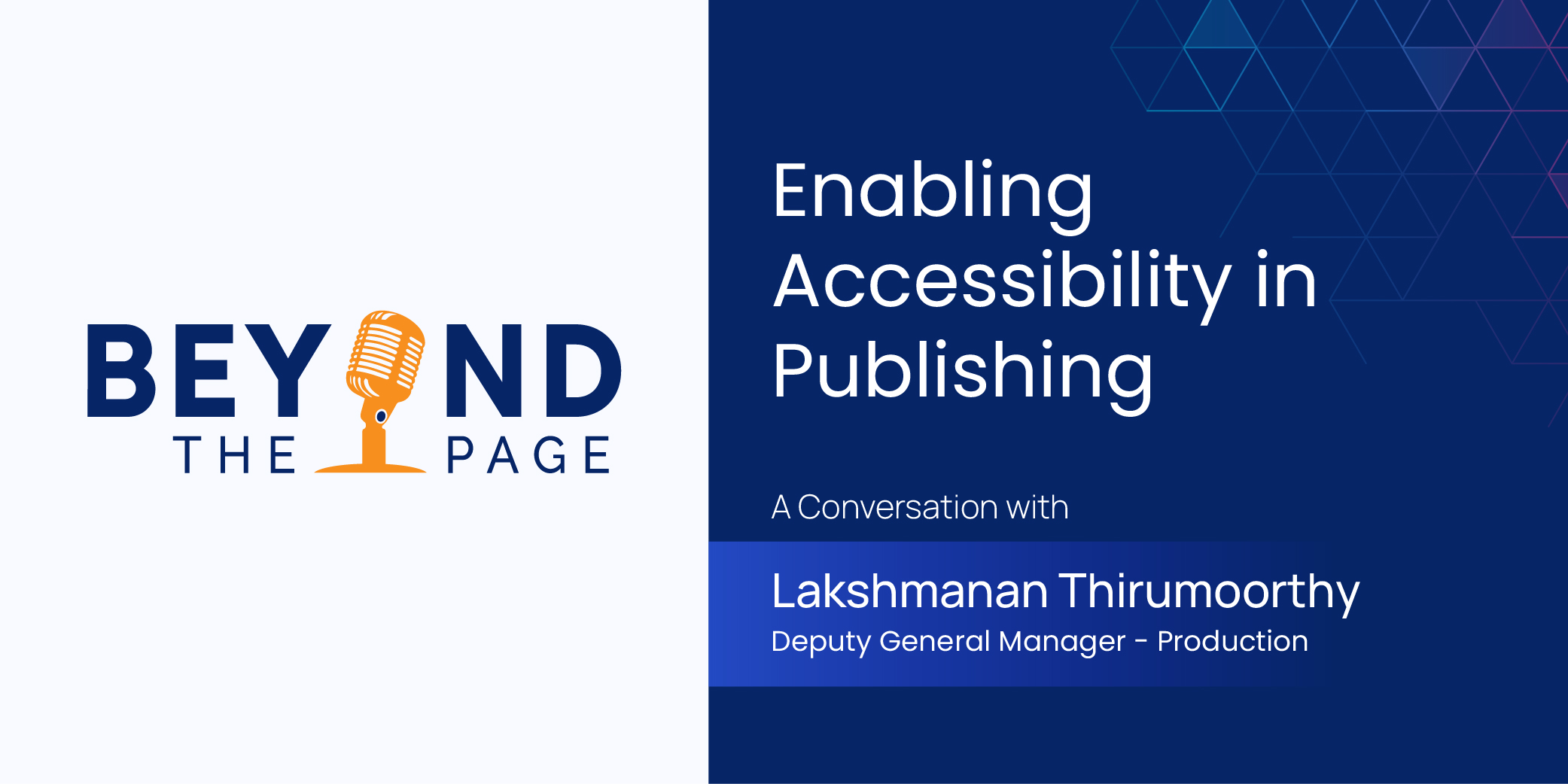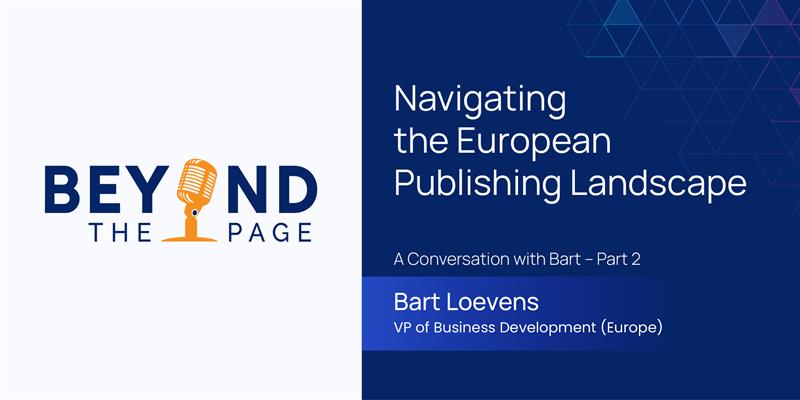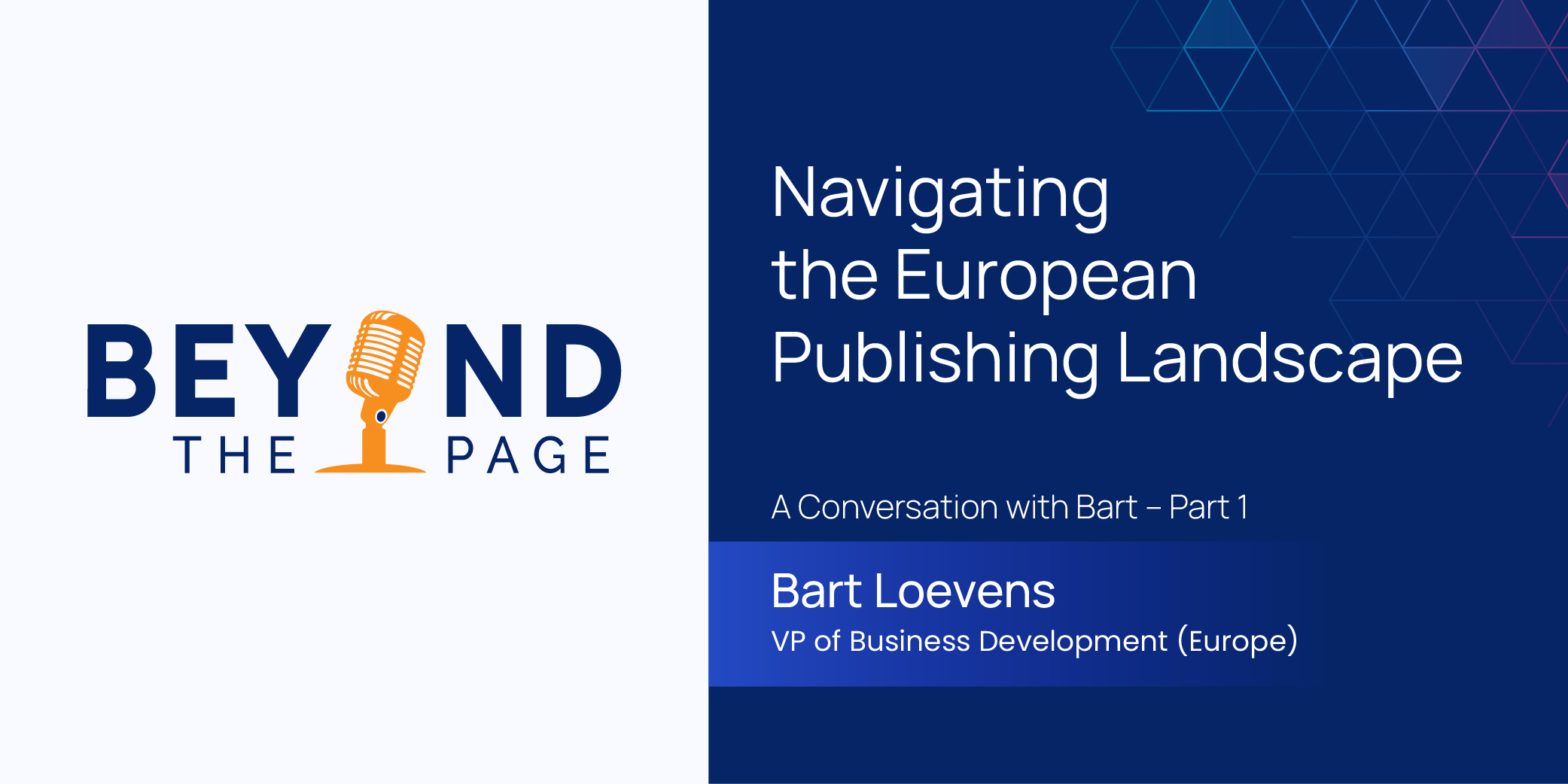
AI-powered LMSs are transforming corporate education. Consequently, the global AI market is expected to reach a value of $43.6 million by 2027, expanding at a CAGR of 18.4% between 2023 and 2027. Key drivers propelling AI LMS adoption include enhanced employee productivity via blended and social learning approaches that foster higher engagement. Artificial intelligence powered LMSs leverage employee data, such as job roles, skills and knowledge levels, along with the organization’s data, such as business goals, future skill requirements, etc., to offer meaningful insights. They enable personalized learning and automation to drive greater effectiveness of training initiatives. Plus, predictive analysis enables data-driven decision-making for education planning and course content development.
AI capabilities bestow several other advantages beyond learning management, across the HRMS, payroll, and information security systems in an organization. Here’s how.
Benefits of an AI-Enabled LMS for HR
Integrating an AI-driven LMS with the HRMS offers numerous benefits, such as:
Skills Gap Analysis
The most significant benefit of integrating the LMS with the HRMS is objective skill-gap analysis. An HR learning management system streamlines the collation of data from job roles and existing skill and knowledge levels. It also uses the business growth trajectory and expansion roadmap to identify future skill requirements. A skill matrix thus generated gives a clear picture of the upskilling, reskilling, or hiring needs of the organization.
Enhanced Learning and Development
By identifying skill gaps for current and future business needs, an HR learning management system can develop hyper-personalized learning paths. This facilitates performance enhancement and better translation of training into productivity. Targeted learning initiatives can be deployed on-demand, while evaluating learning impact is simplified.
Predictive Analytics for Talent Management
Predictive analytics identify future skill and knowledge needs. It can also assess employee engagement to predict turnover and potential skill gaps. A better understanding of talent availability improves workforce planning and helps create a leadership pipeline.
Time and Cost Efficiency
Maintaining a centralized database helps eliminate data redundancies and complexities associated with two-way record-keeping and management. Combining the HRMS with an AI LMS elevates employee onboarding by expediting the training required for job roles and assessing skill and knowledge gaps in real-time. This reduces administrative costs and accelerates job readiness among new hires.
 Source: https://www.maplelms.com/wp-content/uploads/2021/05/lms-hrms-integration.png
Source: https://www.maplelms.com/wp-content/uploads/2021/05/lms-hrms-integration.png
Improved Employee Engagement
An Artificial Intelligence-powered LMS can boost engagement through the integration of gamification elements, chatbots, and dynamic content. Improved engagement has been correlated to reduced attrition and higher employee satisfaction.
Integrating AI LMS with Multiple Verticals
Advanced LMSs can not just be integrated with an HRMS, but their capabilities can also extend to diverse business functions, fostering a culture of collaboration and comprehensive management eliminating business silos.
Seamless Integration
LMS integration across systems is driven through modern low-code and no-code APIs. Seamless communication across verticals streamlines data management, understanding expectations, and learning goals, while ensuring standardized reporting via analytics.
Payroll Integration
Enhanced learning and productivity monitoring, powered by artificial intelligence, can be easily extended to payroll management for adequately recognizing and rewarding exceptional performers. It automates administrative tasks and empowers the leadership to pinpoint what distinguishes high performers.
Integration with Information Security Management System (ISMS)
In the age of infobesity, securing employee data and training materials is critical to maintaining a competitive advantage. AI-enabled LMS integration with the ISMS extends modern security measures to the entire business infrastructure.
Elevate Overall Process Efficiencies
AI algorithms analyze enormous datasets and facilitate leave management, help employees discover career development opportunities, and empower the leadership for hierarchy planning while reducing administrative cost. However, it is critical to adopt a cutting-edge intelligent LMS equipped with API-based integrations.
HR learning management systems can enable the organization to unlock the full potential of the LMS while improving payroll management, HR functions, and information security processes. Choose a platform that offers single-sign-on capabilities and a unified experience for all users while enabling access rights based on job roles. Integra’s AI-powered SkillPilot helps businesses promote continuous learning to boost employee engagement and productivity. Talk to the experts to learn more about reaping the multi-vertical benefits of an advanced learning solution.
News & Insights

Enabling Accessibility in Scholarly Publishing – A Conversation with Lakshmanan Thirumoorthy

Navigating the European Publishing Landscape – A Conversation with Bart – Part 2

